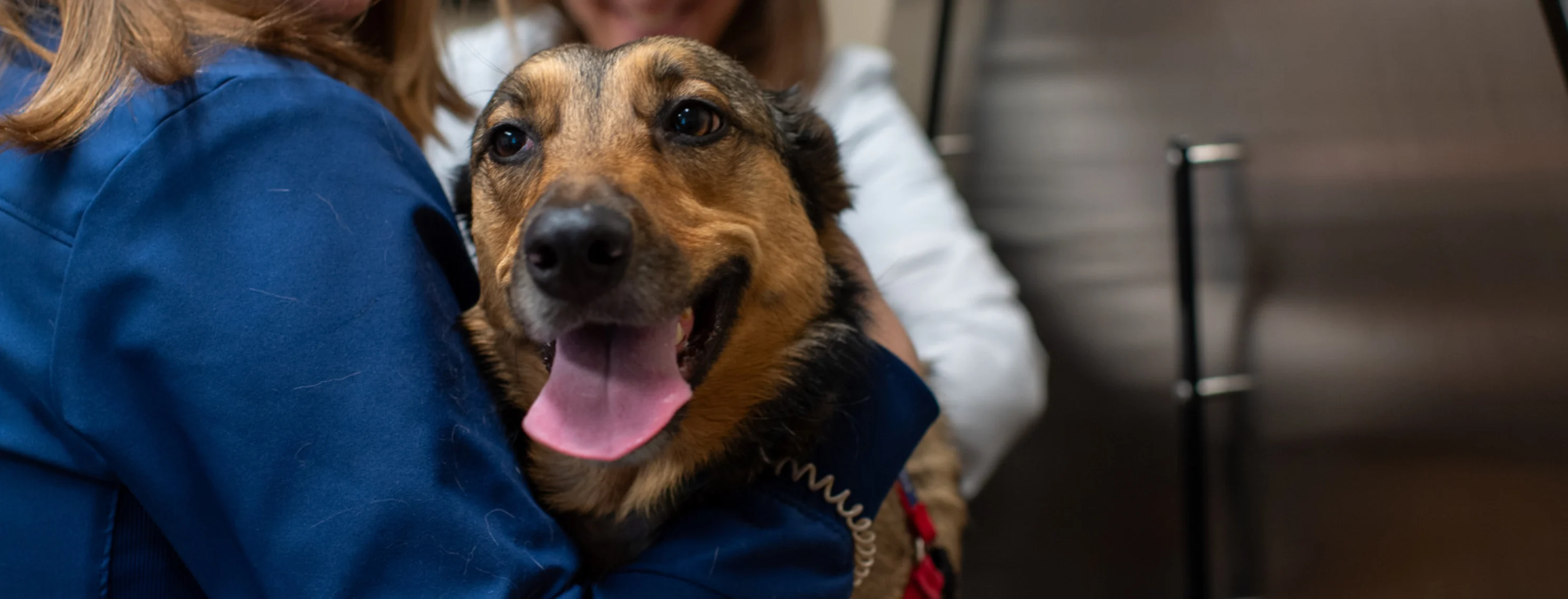Gilbertsville Veterinary Hospital



Our Team
Thank you for trusting us with your pet's care. It is an honor for us to serve our community and your veterinary needs.

Our Services
Our goal is to become your preferred veterinary partner; we offer a broad range of services to meet your pet's needs.
